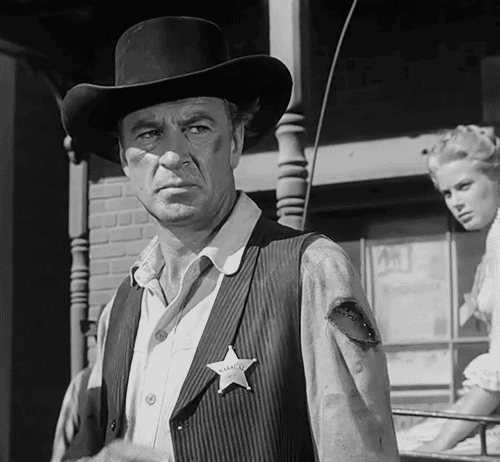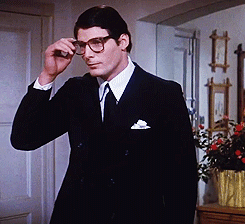Let me be clear: this is not nerdrage, this is a criticism as objective as it can be. I am not upset that my favorite character was killed. I'm just disappointed in the way a character I barely care about was killed. This isn't about "women in refrigerators." For one thing, that's not my battle to fight and for another, I wouldn't know when that battle is worth fighting since the bugle is sounded every. single. time. a female character is killed. This is just about the time when a great show was very, very bad.
I also want you to know that I understand why someone had to die and why you chose Laurel, although I don't think it was the best choice. Last season introduced the infamous Lazarus Pit which can bring people back from the dead, opening a revolving door to and from the afterlife. First there was Oliver, who didn't need the pit because he was only mostly dead which is slightly alive. Then Thea was healed by the pit, followed by Laurel's sister Sara who was dug from her grave to be revived resulting in the destruction of the pit. But that wasn't good enough and you had to send a message that the revolving door was out and replaced with a door that only goes one way. And so a Lance sister was killed for what I want to say is the twenty-third time. Is that right?
Your first mistake was calling your shot. Every so often since the season premiere you showed that stupid grave and begged us to care about who was in it then you totally botched the execution, in more ways than one. You pointed at the bleachers then hit a foul ball at the mascot's comically large head.
To go even farther back, the root of your problem is that you haven't really known what to do with Laurel since Tommy died, ending the Laurel/Tommy/Oliver triangle. You couldn't even give her an interesting plot line in her swan song. Most of the time when a character dies their show tries to send them out on a high note to elevate the emotional impact. In this case you gave Laurel a job offer that would force her to give up her life as a crime fighter. You tried to pull the old "one day left until retirement" move on a fairly recent initiate to the team. It seems like just yesterday Laurel was in training and Oliver was yelling "you're not ready" at her over and over. Even worse, you tried to convince the audience that she was encumbered with unrequited love for Oliver when there's hardly been a second of romantic tension between the two in years.
Which brings me to the death itself. Laurel was stabbed by the big bad of the season Damien Darhk while trying to prevent his jailbreak and the team rushed her to the hospital, all still in costume because apparently there's no room in the van for a few sets of civvies or the prison is really close to the hospital. Next Laurel came out of surgery and the doctor declared that she was going to be perfectly fine. That doctor was presumably fired and barred from medicine for her incompetence. Then Laurel poured her heart out to Oliver followed by a covert conversation that we are still not privy to but at the time very much seemed to be a plan involving a faked death. Then she flatlined for no apparent reason. Do you see the problem? If your intent was to permanently close the revolving door you didn't have the option of leaving any wiggle room but this whole situation stinks of wiggle.
I said before that I don't care about Laurel but it's not from lack of trying. I like the actress Katie Cassidy and I want to like her character. As a matter of fact, I did like her when she was on your sister show The Flash for a couple of scenes about a year ago. The Flash, especially in its first season, is a really fun show where people smile a lot, giving Laurel a chance to bust out those pearly whites.
There is much less smiling on Arrow, which is not something I ever want to change. However, when a smile lights up the screen the way Laurel's does in that clip it proves an asset that you wasted for years. It makes me think that the answer to making Laurel more interesting was to let her have some fun, but now she'll never have that chance. Katie Cassidy might, though. Fittingly, I imagine that Cassidy will make her return to Arrow by way of The Flash. You've already laid the seeds for it. You used that show's inter-dimensional hi-jinks to introduce Laurel's evil doppelganger who I assume will appear on Arrow next season. You've made mistakes and that will never go away, but you still have a chance to do something right. I only ask that when Darkest Timeline Laurel makes her debut on your show you let her have a good time being bad.








